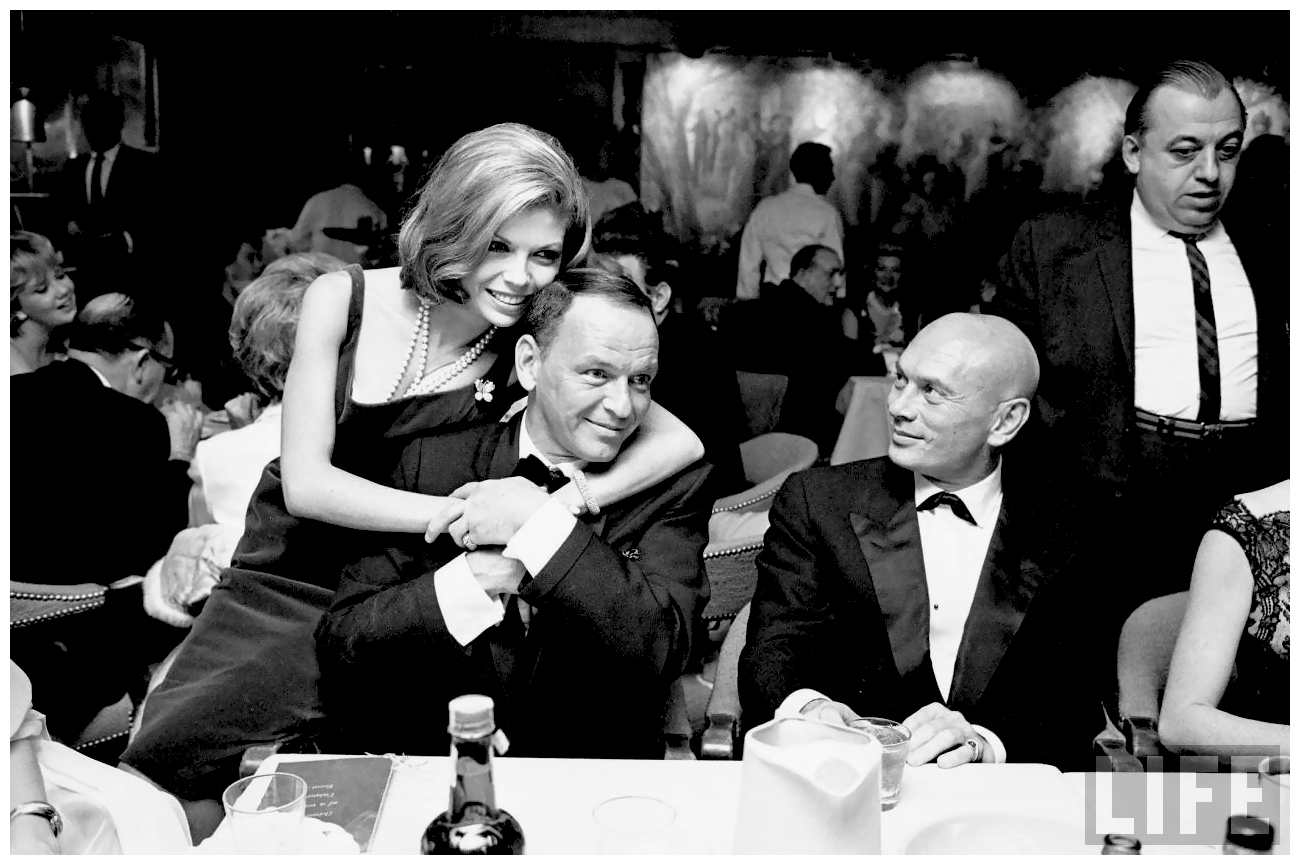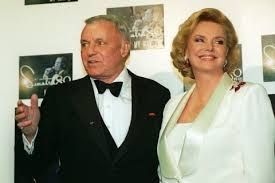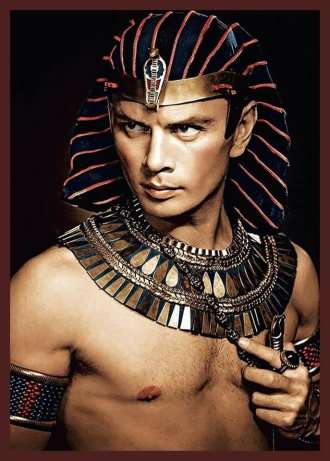Yul Brynner and Frank Sinatra
A photo of Yul Brynner
Date & Place:
Not specified or unknown.


 Amanda S. Stevenson
Amanda S. Stevenson 



